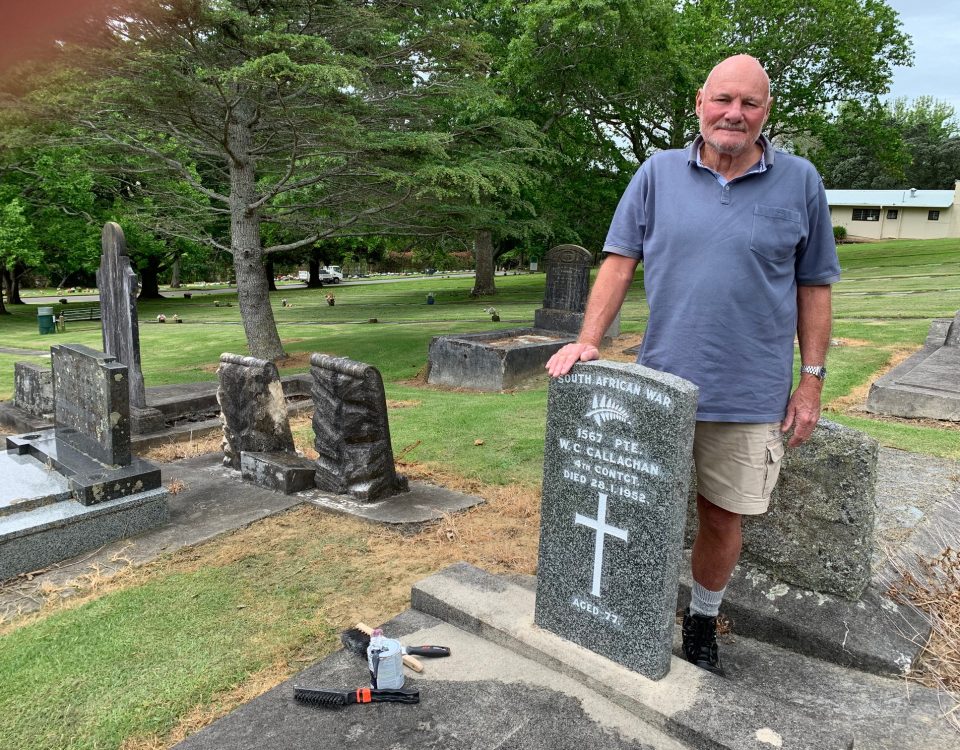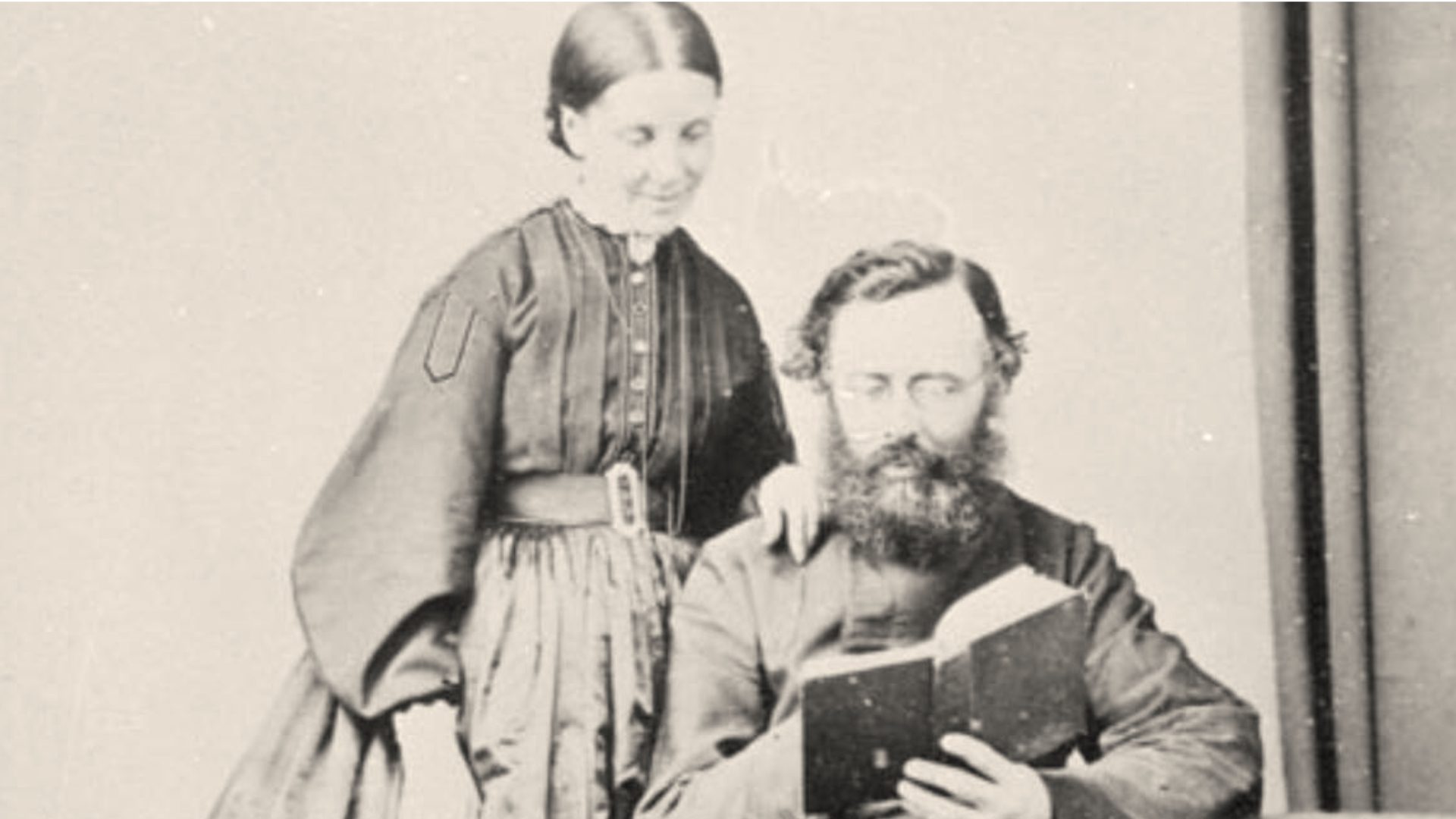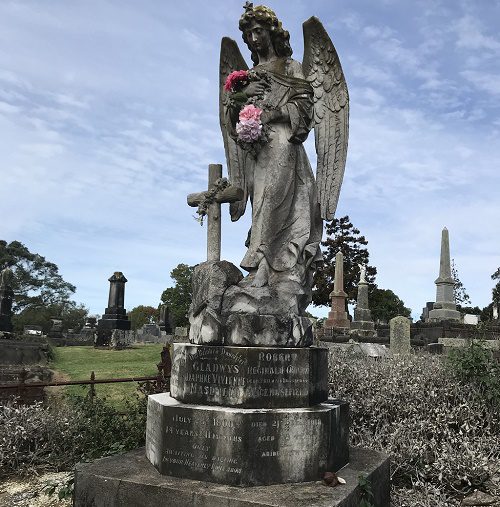The days of hand watering Purewa’s gardens during Summer water restrictions will soon be gone when the cemetery introduces a new environmental irrigation system in April.
The project will collect rainwater from the chapel roof which will be gravity fed into piping to water 16 of Purewa’s kidney gardens. The rainwater will be stored in five specially constructed tanks which will have a capacity of 100,000 litres. At the peak of Summer up to 10,000 litres per day are needed to keep the gardens in good condition.
The new irrigation system also has rain sensors which automatically uses rainwater first, saving money and the Council operated water supply.
The General Manager of Purewa Cemetery and Crematorium, Alastair Crombie, says before the new system can be installed some major roof maintenance on the chapel needs to be done and the rainfall re-routed.
“This project means that in the past year we will have gone from hand watering our gardens to an environmentally friendly irrigation and water harvesting approach, which both uses less water supply and saves money. Like all Aucklanders we are trying to do our bit to use less water and be mindful of the water we do use”, he says.
Other environmental initiatives the cemetery has introduced include a pest control plan to eradicate possums from killing new-born birds. In the past six months more than 60 possums have been humanely trapped.
Alastair Crombie says staff have noticed renewed bird life and an improved natural environment which is healthy and strong. Non-chemical sprays are also being used in the E block area where the Flowers from Felix project has planted hundreds of wild flowers and plants to beautify an older part of the cemetery.
The Purewa Cemetery Trust Board which administers the cemetery for the Anglican Church owners is committed to maintaining it to the highest standards and ensuring the grounds, gardens and buildings provide the best environment for families and the public.
Purewa – part of our community since 1889.



